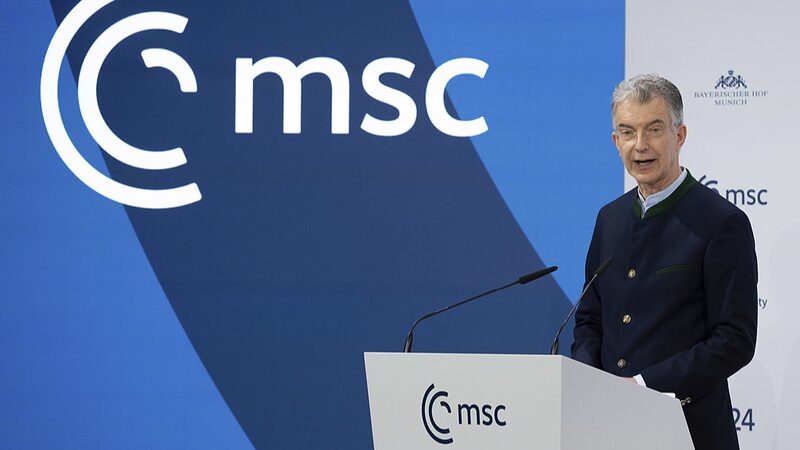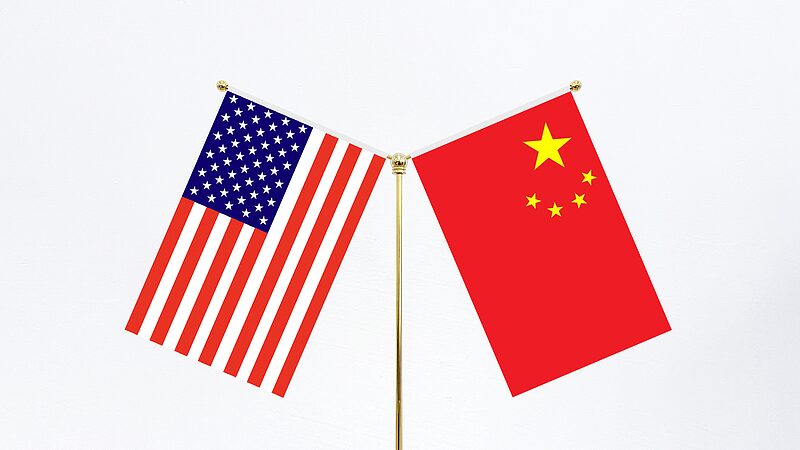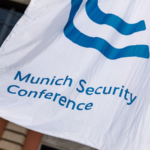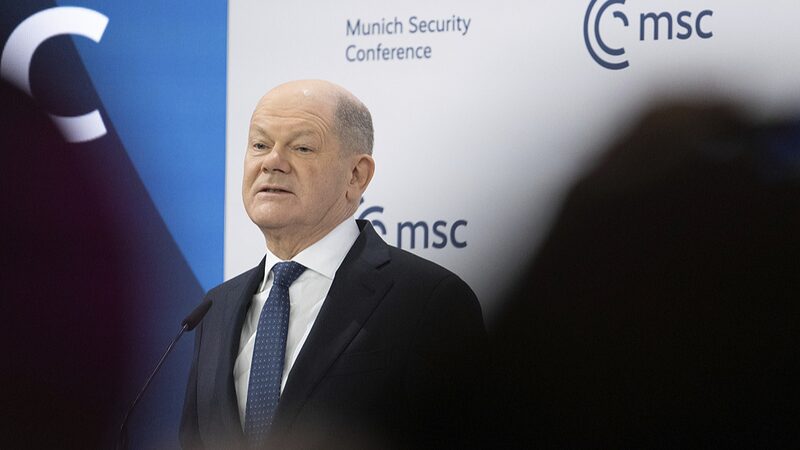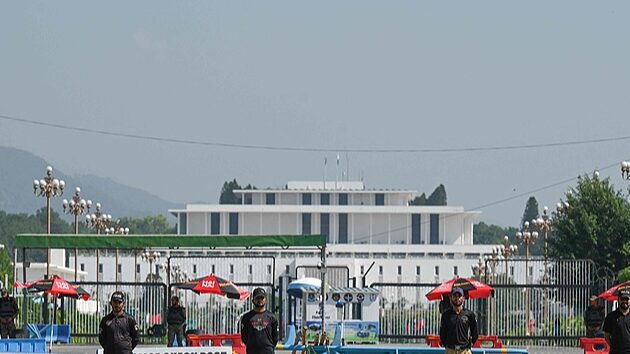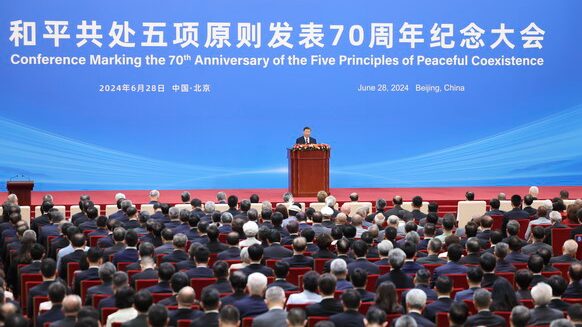The 61st Munich Security Conference (MSC) wrapped up on Sunday amidst noticeable tensions in transatlantic relations. Christoph Heusgen, the MSC chairman, highlighted the growing divide between Europe and the United States, expressing concerns that their shared value base may not be as robust as before.
Heusgen addressed the fallout from U.S. Vice President J.D. Vance's contentious speech, thanking European politicians for publicly reaffirming the values and principles they uphold.
Over the three-day event, approximately 60 heads of state and government, along with 150 ministers, engaged in discussions on pressing global security issues, including climate change, European security, and regional conflicts. However, disagreements persisted on topics such as the Ukraine conflict and European defense strategies, reflecting an increasingly intricate geopolitical environment.
A significant moment at this year's MSC was Vance's remarks on Europe's democracy and free speech, which ignited widespread backlash and laid bare the rift between the U.S. and its transatlantic allies, according to Xiao Qian, deputy head of the Center for International Security and Strategy at Tsinghua University.
Heusgen stressed the critical need for shared norms and principles in an emerging multipolar world. \"This order is easy to disrupt, to destroy, but much harder to rebuild,\" he stated.
Emphasizing the growing role of the Global South, Heusgen noted that over 30 percent of the conference speakers hailed from Asia, Africa, and Latin America, ensuring diverse perspectives were included in dialogues about the shifting global order.
Reference(s):
Munich Security Conference ends amid strained transatlantic relations
cgtn.com
